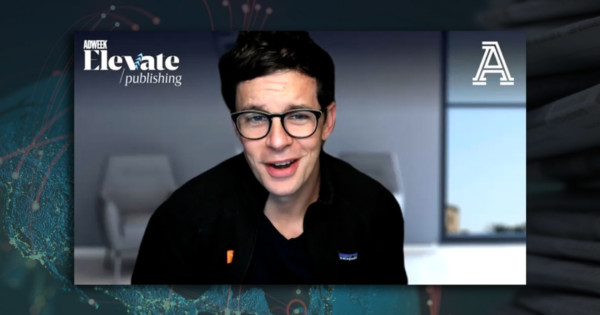
Almost five years ago now, The Athletic launched with the goal of disrupting the world of sports coverage. At that point, fans and experts alike had watched legacy sports publications fall into the trap of chasing digital ad revenue to account for the loss of print subscriptions as consumer habits changed. But as the magazines grew thinner and the digital experience more cluttered, sports journalism itself—despite a committed fanbase—was at a crossroads.
Enter The Athletic. The publication launched in Jan. 2016 with a subscription-first model that gave readers a completely ad-free experience. From there, it began investing heavily in talent. It drew some of the industry’s best writers and reporters, some straight from the fold of those struggling legacy publications.
By spring 2020, co-founder and chief executive officer Alex Mather said The Athletic had around 500 journalists on staff. And then, the novel coronavirus pandemic led to an unprecedented and widespread halt of live sports. Speaking at Adweek’s Elevate: Publishing summit this week, Mather described that shutdown as the “challenge of a lifetime” for the sports media startup.
“Everyone [was] scared,” said Mather. “I think all of us as human beings were kind of scared or nervous about what the future held.”
For a team that’s used to traveling far and wide to cover countless of sporting events every year, they were suddenly confined to their homes—with no live sports to speak of. Their pivot was simple, explained Mather.
“We really simplified our jobs,” he said. The Athletic asked its writers to “just dig into your repertoire of stories that you’ve been thinking about writing, and that maybe you haven’t had a chance to write yet.”
They quickly discovered that while overall the shutdown was tough for the industry, there were a few upsides. Access to celebrities and athletes was suddenly much simpler, though different—after all, they didn’t have much to be doing either. With the entire world of sports sitting at home with lots of time to reflect, reporters found that there were a lot of opportunities for unique stories.
“We were able to get most folks that we wanted to talk to on the line, often talking about things they wouldn’t have otherwise talked about,” Mather said. “We had baseball players talking about anxiety attacks on the mound, that they might not have talked about before the pandemic.”
“We’ve weathered it by, you know, really simplifying the goals and mission and just telling great stories,” Mather said.
While The Athletic wasn’t immune to the effects of the Covid-related economic downturn this year—it laid off around 8% of its staff and imposed a staff-wide pay cut of around 10% in June—Mather is confident that the model will maintain its success in the long run.
Part of that is due to a strong focus on data and analytics, which journalists have constant access to in real time, Mather explained. It allows the company to be constantly informed regarding demand for different sports, teams or regions, and shift its coverage accordingly.
The pandemic has made a big impact on how, where and when people are accessing The Athletic’s content. “Everything shifted,” Mather said. “Folks were staying up a little bit later because maybe they didn’t have to get up early.” They also saw a big dip, initially, in listeners on their podcasts with the sudden loss of commuting time.
To address those behavior changes, The Athletic experimented with a lot of different things, from sending emails and different times of the week and day. The idea was to prompt folks to turn push notifications back on and constantly tweaking its paid social strategy. They had to work their way back into the routines of folks who’d had their day-to-day lives and media consumption habits completely upended.
https://www.adweek.com/media/the-athletics-alex-mather-on-the-shutdown-of-live-sports-the-challenge-of-a-lifetime/

